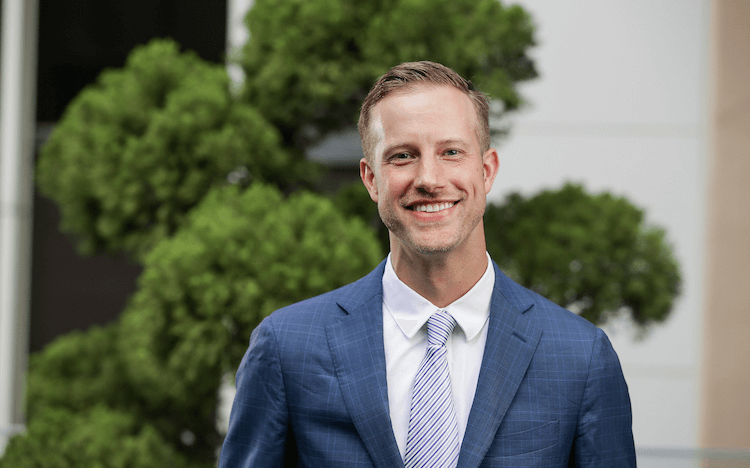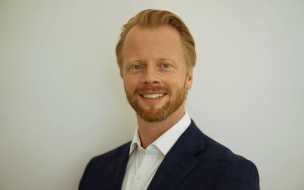Working for the not-for-profit, Human Rights Campaign (HRC), for nearly 10 years in Washington DC, he campaigned for the LGBTQ cause to include marriage equality, protesting against the military’s ‘Don’t Ask, Don’t Tell’ LGBTQ service members ban, and recruiting countless new members to HRC.
After a three-year stint at the American Cancer Society, he now has his sights set on driving change in the business world.
He’s seen just how influential the actions of big companies can be. For instance, Deutsche Bank and Chase Banks both recently took a very public stand in support of LGBTQ rights and banned its staff from Brunei-owned hotels after the South-Eastern Asian country announced in April this year it would introduce laws to make homosexuality punishable by death. Global political and economic pressure saw the country reverse this law within a month.
They have also joined international network Open for Business, a coalition that aims to advance LGBTQ rights globally.
Thomas’ mission has led him to the Australian Graduate School of Management (AGSM) at the University of New South Wales Business School. He’s looking to pursue a career in corporate activism and work in the corporate social responsibility department of a multinational firm bringing his government relations, diversity inclusion, and public health experience to a company with vision.
Thomas was one of the first recipients of the AGSM LGBTI Leadership Award, a new scholarship for business leaders in the LGBTQ community, the first of its kind to be awarded by any management school in the Asia-Pacific region.
Promoting inclusion at business school
Thomas’ move from DC to Australia was a breeze, he says, made easy by the support for members of the LGBTQ community at the school.
He’s eager to help other members of the LGBTQ community at the school and is currently doing this through his role as the president of Pride @ AGSM, a student network that aims to educate the corporate world about LGBTQ issues.
Since becoming president, he’s worked with corporate partners like Google Australia, who hosted their Pride @ AGSM launch event in July 2019.
Thomas is also working with the Boston Consulting Group (BCG) to host the first Future Business Leaders for equality event in October, which brings together the corporate, academic, and not-for-profit communities to discuss issues and network.
“What happens if you have non-discrimination policies in Australia or a westernized country, but you send your LGBTQ employee to the Middle East and they are married? Can their partner come with them? How do you navigate that? [It’s about] training tomorrow’s business leaders to contribute to a progressive society,” he says.
What more can be done for marginalized groups?
Scholarships and societies like the AGSM LGBTI Leadership Award and Pride @ AGSM are a great start, Thomas says, and the corporate community in general has had an impact.
While in the US it is legal to fire an employee for being gay or transgender in over 20 states, the vast majority of Fortune 500 companies, which collectively employ around 25 million people, have non-discrimination policies in place protecting employees both on the basis of sexual orientation and gender identity. Not only this, but many have instituted requirements of suppliers for similar standards, rapidly increasing their impact.
Regardless, Thomas thinks business schools and businesses could do more.
In 2018, HRC reported that 46% of LGBTQ employees are still not comfortable being open about their sexuality in the workplace, due to fear of homophobic backlash. That figure has only dropped by 5% in the past decade.
“Business schools should take the next step and bring in specific training,” he says. “They should do mandatory education ally training and be more explicit in connecting their students with LGBTQ business leaders, rather than relying on their campus communities to do that.”
Teaching the next generation of business leaders how to treat their employees better should start early. “Diversity really breeds better decisions for the workplace,” says Thomas. “Different people with different experiences in the boardroom and decision-making spaces just make better choices.
“We should bring our whole selves to work, be a part of the conversation, and actually use our points of difference to lift up the business we end up working for.”







